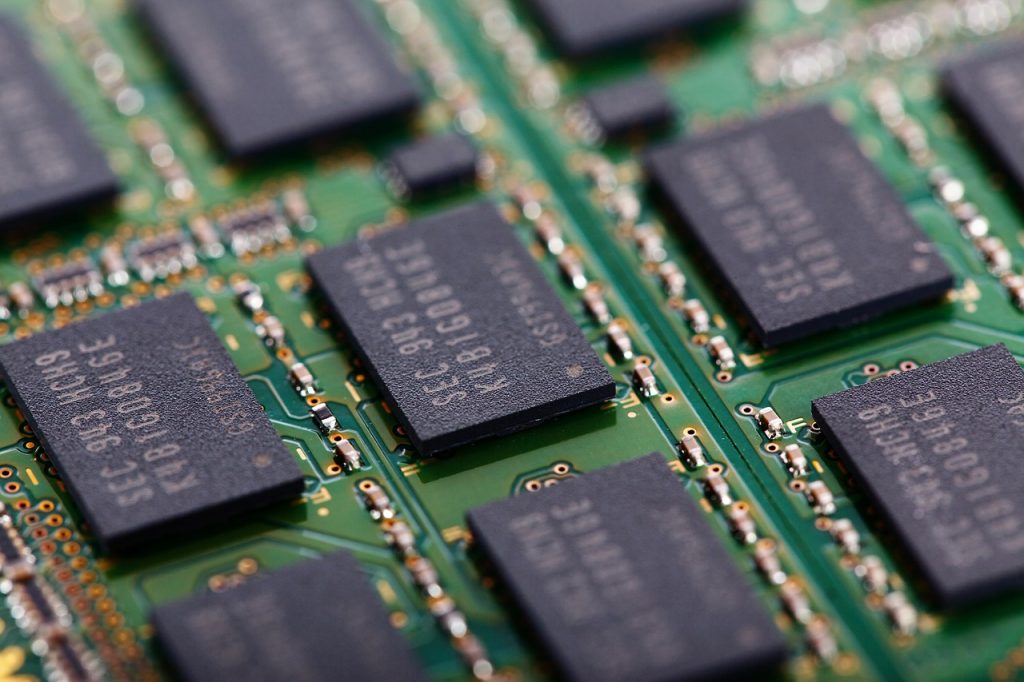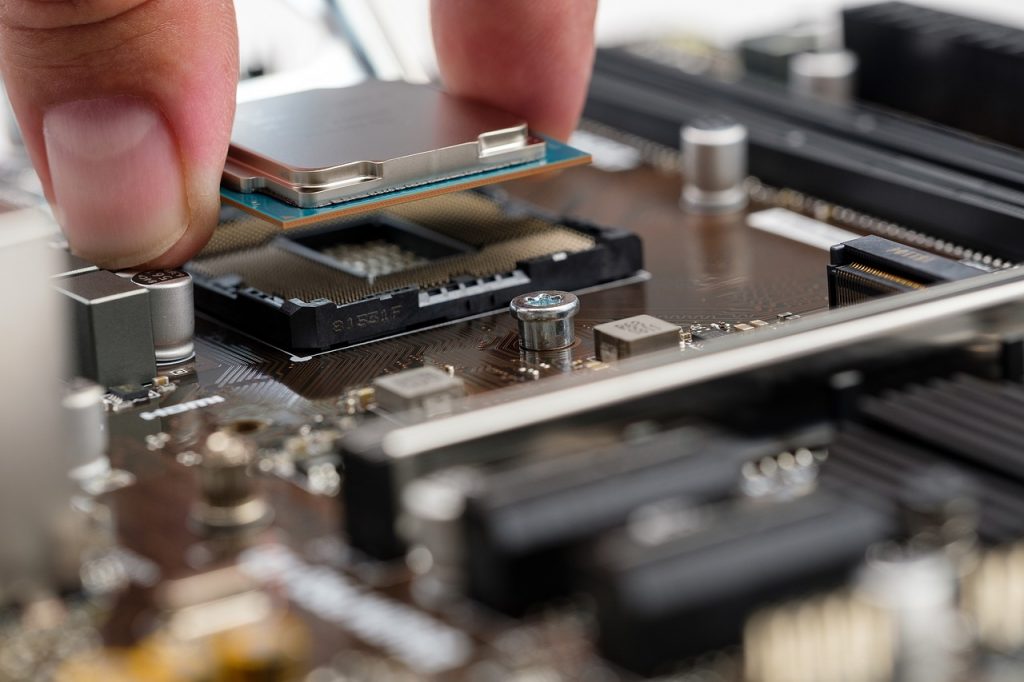The Effects Of Computer Chip Shortages Are Scarier Than Ever
Chip shortages are reaching an apex and the effects don't bode well for businesses.
This article is more than 2 years old

The supply of computer chips in the United States has fallen to alarmingly low levels, raising the prospect of factory shutdowns. The chips are used in the production of automobiles and medical devices. Some manufacturers that use semiconductors have less than five days of inventory, according to a report released Tuesday by the Commerce Department. This is a sharp drop from 40 days in 2019, which indicates the extent of the computer chip shortage.
The report is based on more than 150 responses to a Commerce Department request for information from businesses that produce and use semiconductors. The chip shortage means that disruptions to production overseas (caused by weather or new Covid-19 outbreaks) could lead to more furloughed workers in the United States. The report also notes that supplies are even lower in key industries. “The semiconductor supply chain remains fragile,” the document says. “Demand continues to far outstrip supply.”
While it’s tempting to point blame, the computer chip shortage is part of the ongoing supply chain crisis. Sparked by Covid-19 and made worse by extreme weather in Asia, it has also led to higher prices of cars, various smart devices, washing machines, and more. To make matters worse, it comes at a time when people have been more reliant on tech devices than ever before. General Motors was forced to temporarily halt production at most of its North American plants because of the chip shortage last year. And, according to CNN, many other auto manufacturers slashed their production plans too.

Speaking to CNN in December, United States Commerce Secretary Gina Raimondo said the shortage is unlikely to be resolved until deep into 2022. Meanwhile, Tuesday’s report from the Commerce Department found that respondents did not see the chip shortage going away in the next six months. Citing the results, President Biden has called on Congress to pass paused legislation that would provide $52 billion for domestic chip production.
“This is about national security, economic security and it’s about jobs,” President Biden said about the need to increase chip production in the United States. The administration has been working to aid local semiconductor production to ease the chip shortage and reduce the country’s dependence on foreign production going forward. However, the funds to spearhead this endeavor to solve the chip shortage have not been allocated yet.
The Commerce Department’s report is likely to embolden those calling on Congress to direct resources to the chip shortage. Speaking to CNN about the crisis, Vice President of the US Chamber of Commerce’s Technology Engagement Center, Jordan Crenshaw said the findings on the ongoing shortage highlights the critical need for the United States to invest in expanding semiconductor capacity. He added that government needs to work on fully implementing and funding the CHIPS Act.
While Congress works to alleviate the chip shortage, the best advice for everybody is to be patient and understanding. Daniel Stanton, a Professor of Supply Chain Management at Bradley University in Peoria, told CI Proud manufacturers have also been advised to look for alternatives where possible. Moreover, they need to be transparent with customers and suppliers about the situation so that they can collaborate and set priorities.




